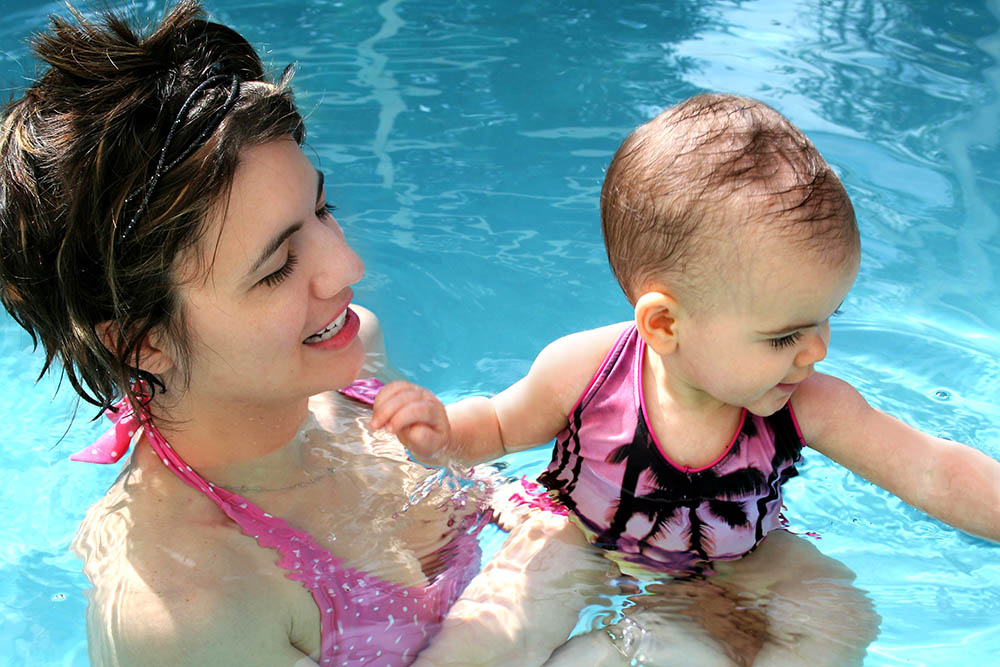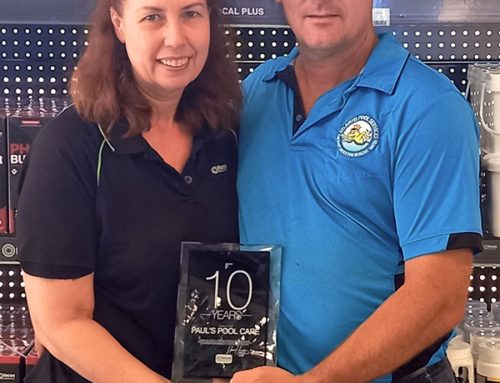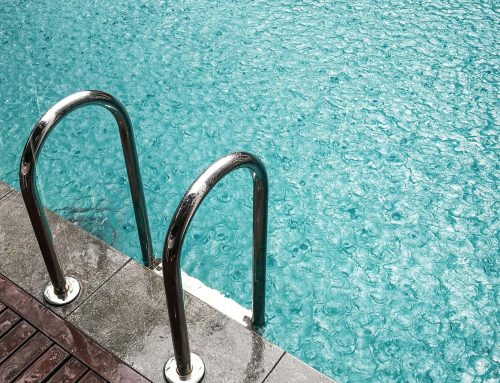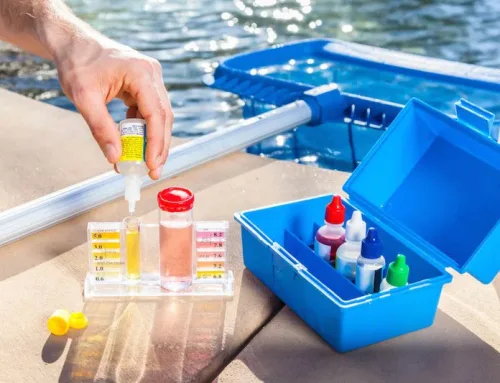What are the health risks of poorly maintained swimming pool water?
The health risks for bathers in poorly maintained swimming pool water can be quite serious, especially for young children, seniors and people with weak immune systems. Potential health risks of low quality pool water may include bacterial infection, respiratory illness and burning sensations in your eyes.
There are five key factors affecting pool water quality that may increase your health and safety risks:
- Bacterial and micro-biological contamination
- Chemical imbalances in water quality
- Pool chemical handling and storage
- Environmental contamination
- Water supply for pools
Why is bacterially contaminated pool water a health hazard?
Pool water that is contaminated with bacteria, viruses, fungi, algae and protozoa may cause a number of health issues. These microbiological hazards are usually introduced into a pool via shedding of faecal matter and human skin from a bather, as well as other secretions such as hair, sweat, mucus, spit or vomit.
Microbiological contaminated pool water may cause skin, wound, eye, nose and ear infections. Accidentally swallowing it may cause gastroenteritis. Legionella, a serious respiratory illness, is typically linked with spas that are poorly maintained.
Why do chemically imbalanced pools pose a health risk to swimmers?
Chemically imbalanced pool water can affect or irritate your eyes, nose, ears and skin. The chemicals that need to be at the correct levels to ensure safe, healthy water include:
- Free chlorine – “fresh” chlorine that has not reacted to biological pool contaminants.
- pH levels – the optimum range for neutral water should be from 7.3 to 7.7 ppm on the pH scale.
- Total alkalinity (TA) – refers to the amount of alkaline substances present in pool water. Optimum levels should sit within 90-120ppm.
- Calcium hardness – optimum calcium levels should sit within 200-400 ppm, making the water just right – neither too hard (high calcium levels) or soft (low calcium levels).
Why are correct pool chemical handling and storage so important?
Correct pool chemical handling and storage are important because these substances can be very hazardous and dangerous to your health.
Incorrect storage of oxidisers can increase fire or toxic gas risk if stored near other chemicals, including moisture from water. Corrosive chemicals (acids or alkalis) can cause immediate skin and eye damage on contact. Be sure to carefully inspect chemical manufacturer’s instructions and safety data sheets so you are fully informed of the health and safety risks involved.
Pool technicians are professionally trained and use the correct PPE when handling & servicing pool chemicals. Atlantis Pool Services are there for you when you need safe, regular and professional pool chemical servicing.
How can the environment contaminate your swimming pool?
Bathers are typically responsible for introducing microbiological contaminates into your pool but if you don’t use a pool cover, the surrounding environment can also contribute to your pool’s microbiological load.
Contaminates – such as dirt, dust, sand, grass clippings and falling leaves – can easily deposit into pools. Birds, bats and possums may also contaminate pools with their droppings also.
What is the best water supply for my swimming pool?
The ideal water supply to fill your swimming pool should always be mains drinking water. Rain-fed tank water is suitable if treated through the balance tank before entering the pool. However, treated sewage or stormwater can pose significant health risks, due to chemical and/or microbiological contamination.




